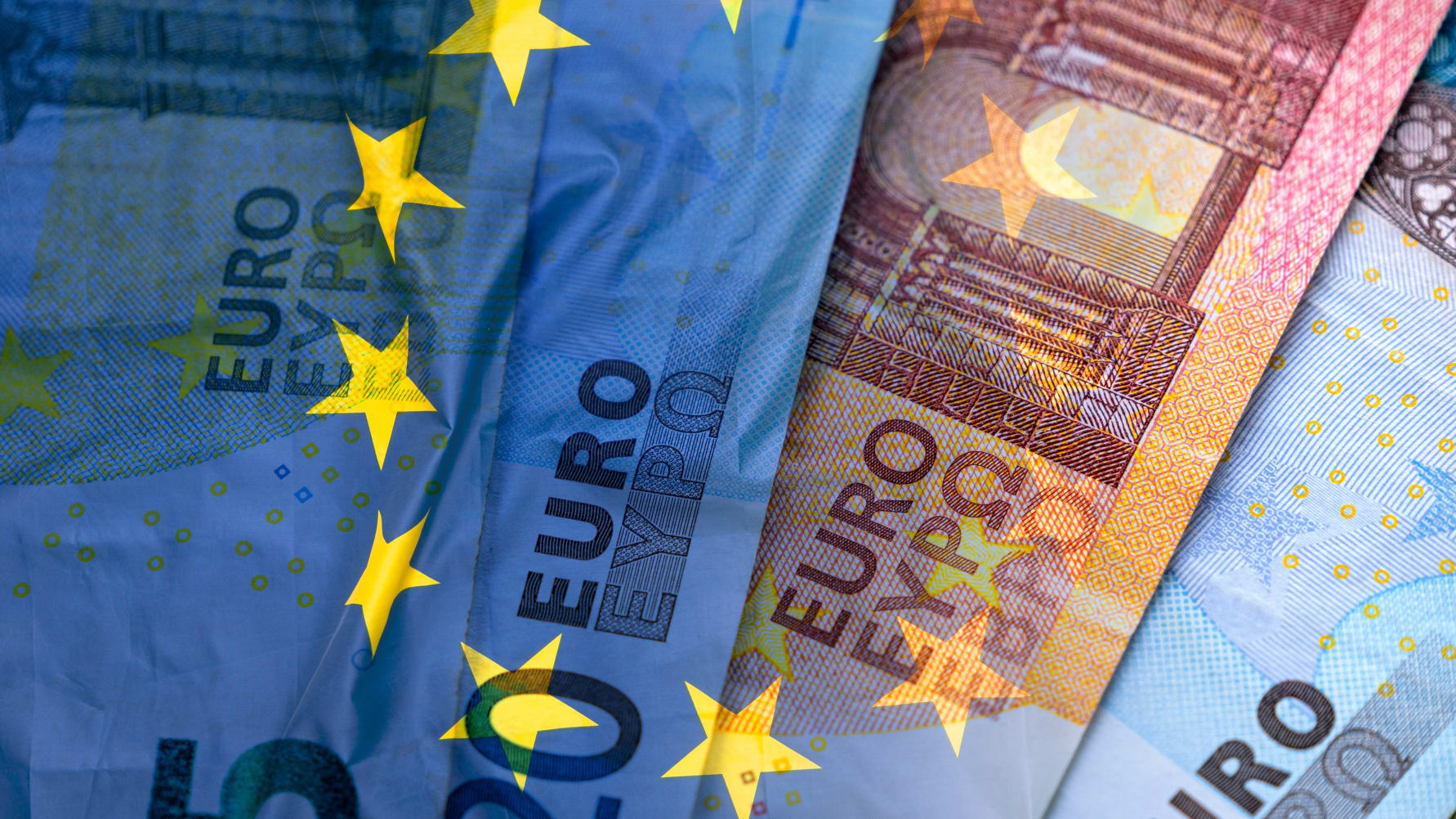Euro fell by 0.5% with the European Central Bank raises rates by 25 points indicating that inflation will continue to decline

As expected, the European Central Bank raised interest rates by 25 basis points to 4.25%. While the speech of the bank’s president, Christine Lagarde, did not carry clear indications of continuing to raise interest rates in the future.
Lagarde indicated that inflation is still high in general as a result of a number of factors, but at the same time it is declining. The most prominent of these was resilience of the job market, which translates into a rise in income levels, in addition to the escalation of geopolitical tensions in the Black Sea in conjunction with climate conditions that may push food prices to rise more than expected in the near term.
Lagarde emphasized that inflation will continue to decline towards the target of 2% and that today’s decisions were based on expectations of inflation in the near future. As for future interest rate decisions, Lagarde did not confirm the ECB’s intention to continue raising interest rates in a tone similar to that we heard in yesterday’s Fed speech. Lagarde also added that future decisions on interest rates will depend on upcoming economic data.
As for the economic conditions of the eurozone, Lagarde referred to the general weakness with a weak future outlook for the region’s economy due to declining domestic demand, industrial activity and foreign investment due to high inflation, tightening credit conditions and geopolitical tensions. On the other hand, Lagarde said that the support for the eurozone economy comes from the services sector, specifically the tourism sector, with the current summer season, in addition to the strong job market.
As for the market’s response, we witnessed a sharp decline in the euro against the dollar to 1.10276, with a decrease of 0.5% compared to the previous session’s close, and a decline of 1% from the highest-level during today’s session. Also, European and German bonds witnessed a sharp decline with the announcement of the decision. The yield on the two-year European and German bonds fell by 2.69% compared to the previous session’s close to 3.183% during the peak of the declines.
While the sharp declines in the euro and European bonds may translate into the markets reinforcing their previous expectations that the monetary tightening will actually end, despite the hawkish tone that we heard in previous meetings from central banks, and that this interest rate hike, whether from the Federal Reserve or the European Central Bank, is last one this year may pave the way to start to cutting interest rates in 2024 at least.






